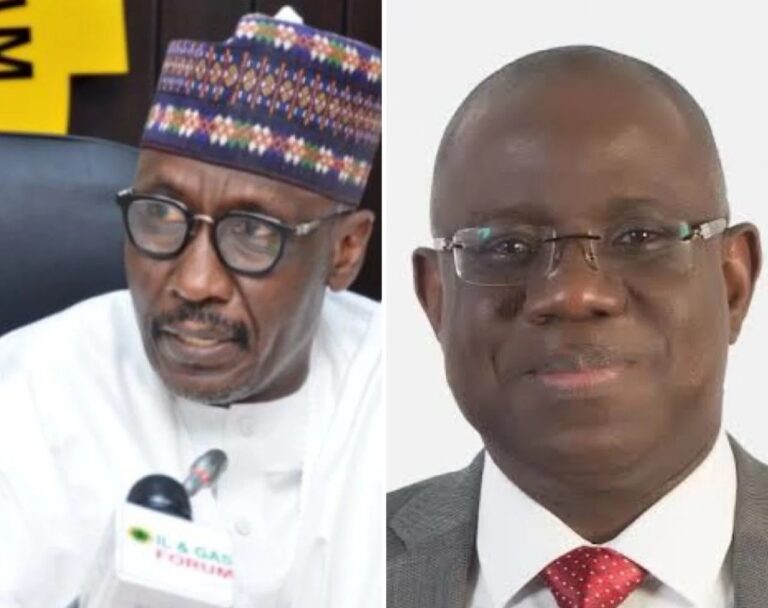The removal of the NNPC Ltd. management led by Mele Kyari by President Bola Tinubu has sparked mixed reactions across the oil and gas sector, with stakeholders assessing the implications of the shake-up amid declining oil production.
The newly appointed board, chaired by Bayo Ojulari as the Group Chief Executive Officer, faces the challenge of stabilizing operations and increasing Nigeria’s crude oil output in line with Tinubu’s directive. The country recently reduced production by 50,000 barrels per day, the largest cut among OPEC members in March.
Oil and gas analyst Olabode Sowunmi described the change as a strategic move to revitalize the industry, noting that NNPC operates as a limited liability company with the federal government as its major shareholder. He believes the leadership transition could introduce fresh perspectives and drive better results.
Economic expert Yushau Aliyu welcomed the timing of the overhaul but emphasized the need for professionalism in handling the proposed Initial Public Offering (IPO) for NNPC. He highlighted that the IPO must consider market dynamics and public investment interest while aligning with Nigeria’s 2030 economic targets.
Dr. Sand Mba-Kalu noted that stability and legal compliance are crucial for attracting investment in the oil sector. He suggested that the leadership shift is part of a broader strategy to meet national production and refining targets by 2027 and 2030.
Conversely, economist Lawrence Nze expressed concerns about Kyari’s policies, particularly the “Naira for crude” initiative, which he argued had not led to significant price reductions. He criticized the government’s decision to halt Dangote Refinery’s efforts to lower ex-depot prices, calling it an act of sabotage that benefits vested interests in fuel importation.
The Crude Oil Refiners Association of Nigeria (CORAN) acknowledged Kyari’s contributions to the sector but noted that his exit aligns with civil service regulations. CORAN urged Ojulari to continue key industry reforms and prioritize domestic crude supply to local refineries.
Meanwhile, the Nigeria Extractive Industry Transparency Initiative (NEITI) emphasized the importance of financial transparency and accountability in NNPC’s operations. Executive Secretary Ogbonnaya Orji called for regular publication of financial statements, full disclosure of production data, and responsible resource management to rebuild public trust.
NEITI also charged the new NNPC board to ensure the company remains accountable to Nigerians while fast-tracking ongoing reforms in line with the Petroleum Industry Act (PIA). Orji commended Kyari for his collaboration with NEITI over the years and wished him success in his future endeavors.




